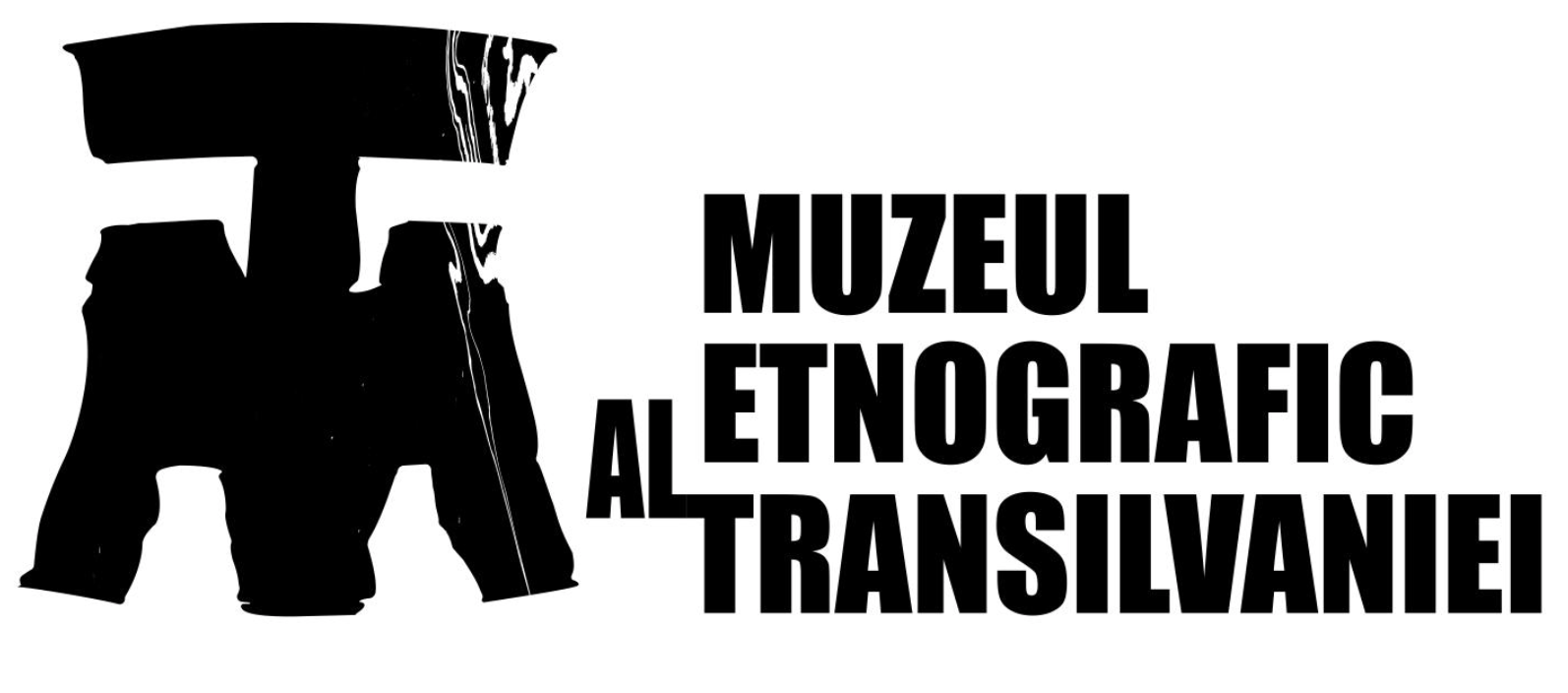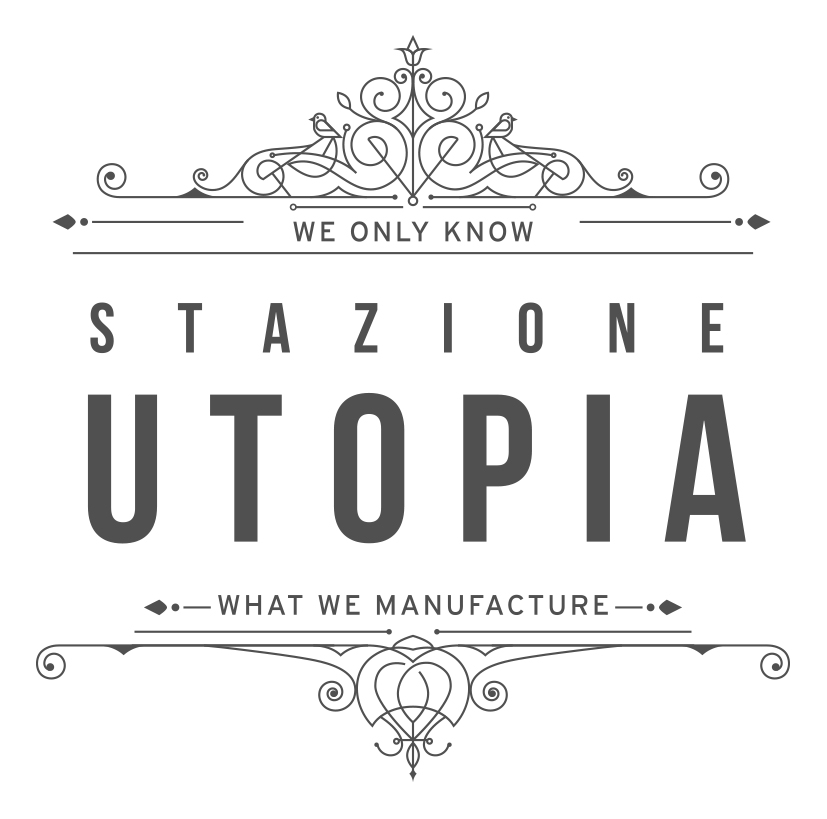Partner organisations
Museum of Warsaw
The overall mission of the museum is to preserve, research, and enhance the cultural heritage of Warsaw. The museum focuses on collecting, researching, and highlighting the histories of the things of Warsaw. Stories and contexts of particular objects are brought closer to the public in order to inform about historical events, and the people who made an impact on the shape and character of contemporary Warsaw.
The museum is involved in education in its broadest sense, and the education of migrants and refugees plays an important role in its activities. The aim of the museum's adult education activities is to cooperate with local communities and to promote the values of diversity and intercultural dialogue. The museum's activities focus on strengthening multilingual competences, participation in democratic life, and all kinds of integration of new residents into the life of local communities.
The museum has extensive experience with language projects for foreigners, and creates opportunities for foreigners' participation and inclusion in the cultural life of Warsaw. Their projects are tailored to the language needs of foreign learners to introduce Polish culture and history, and were awarded the European Language Label prize.
contact: katarzyna.zak [@] muzeumwarszawy.pl

inlingua® Luxembourg
inlingua® Luxembourg is a private lifelong learning centre founded in 1993, and provides language education to learners of all ages and diverse backgrounds. Their priority is to provide innovative methodology solutions within their professional enthusiastic pedagogy team to make learning a unique, effective and enjoyable experience.
The mission of inlingua® is not only to help learners to get acquainted with a new language, but also to boost their intercultural skills and knowledge. inlingua® provides language and integration courses for migrants and refugees since 2019, and supports their learners to comprehensively integrate into the training and labour market. They blend participatory and learner-centered learning, real-life concerns, experimental and learning-by-doing oriented teaching, and promote intercultural exchange and encounters as learning tools. One of their priorities is the transmission and practice of values and skills inherent in democratic life. They have had growing success with language learning programs and strategies for the unemployed, migrants, and refugees.
inlingua® is part of a network consisting of 300 learning centres worldwide, and uses effective methods, such as the communicative approach enabling learners to fully and actively immerse in the new language. inlingua® also creates opportunities for non-formal learning to link individual and social learning.
contact: rita.costa [@] inlingua.lu

Centrum demokratického vzdělávání
The Democratic Education Centre is a non-governmental organisation based in Prague, Czech Republic, and was established in 2016 with a focus on social inclusion activities for migrants, and an aim to promote values of social cohesion and diversity through adult and youth education activities. CDV contributes to growth and development of society through the active civic engagement of people of all ages, civil society, and institutions, always valuing diversity.
The mission of CDV is to promote educational innovation, and equip individuals with fewer opportunities with the means to engage in society and the local community. It focuses on education of disadvantaged groups through diverse activities that facilitate intercultural dialogue, social inclusion, and active engagement in society. CDV provides Czech as a foreign language courses, but also informal, experience-based activities and events that facilitate mental health, art expression, and active democratic participation.
CDV has experience with both language learning activities and workshops aimed at introducing Czech culture, history, and everyday popular cultural features of Czech society. Educators of CDV explore innovative formats to accommodate learners' needs and support and stimulate them in their learning process. Their approach is that the outset for education should be the needs and prerequisites of the individuals, and they should be offered possibilities to develop their knowledge and skills for the purpose of strengthening their possibilities in working life as well as in social life.
contact: sarka [@] demokraticke-vzdelavani.cz

Transylvanian Museum of Ethnography
Founded in 1922, the Transylvanian Museum of Ethnography now has a heritage of over 100,000 cultural assets. The mission of the institution is to preserve, research, and enhance the cultural heritage of Transylvania, promoting the values of diversity and cultural dialogue. The museum offers a permanent exhibition in the Centre of Cluj dedicated to the traditional culture of Transylvania, and an open-air museum space comprising traditional peasant households.
The museum pedagogy program is diversified, addressing both children and adults. The museum offers regular programs of informal and non-formal education activities that aim to raise the level of sustainability and development of the local communities, disseminating related data within the museum community. Through its activities, the museum seeks to contribute to better knowledge of traditional cultural heritage as an integral part of the universal cultural heritage.
The museum seeks new ways to establish a scientifically controlled contact with artifacts evoking a world characterised by closeness to nature through solidarity and strong community ties, a cultural environment rich in sensations and generator of mental balance. The museum deals with the cultural heritage of the historical communities that define the cultural identity of Transylvania, but it also creates programs focused on the phenomenon of migration and the cultural blending of more recent communities, recently hosting two exhibitions on the subject of migration.
contact: contact [@] muzeul-etnografic.ro

Stazione Utopia
Stazione Utopia is a cooperative - social enterprise for culture, entertainment, and social issues founded in 2010, and based in Florence, Italy. It carries out activities on behalf of public and private institutions including theatres, museums, foundations, contemporary art festivals, music research centres, as well as developing national and international projects.
Particular attention is paid to the activation of social inclusion and promotion programs, and practices addressed to groups culturally and educationally excluded from heritage, including migrants, people with economic and/or social distress, and people with cognitive impairment and/or disability. Stazione Utopia runs training programmes for museum educators to improve their skills in welcoming newcomers, helping them to design educational paths with and for migrants.
Stazione Utopa is active in the museum mediation field, provides educational activities addressed to schools, in-depth seminars for teachers and educators, professional orientation workshops designed to encourage creative and transversal learning, through arts and crafts' experience and knowledge, and the discovery of the artwork's original language. Stazione Utopia also focuses on training people with migrant backgrounds to lead tours in museums, cultural institutions, and city spaces. In their activities, Stazione Utopia seeks to create opportunities for language learners to enhance their skills in the cultural heritage settings.
contact: edu [@] stazioneutopia.com
